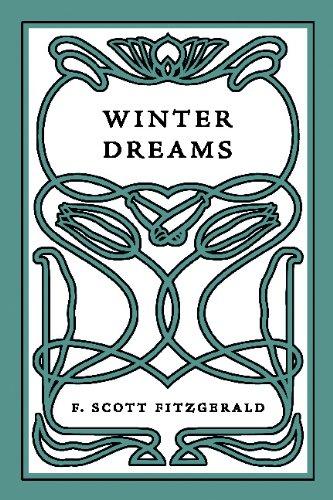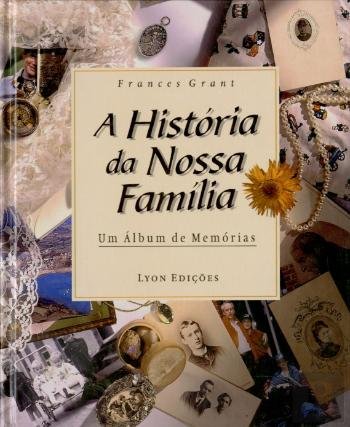Set in the roaring 1920s of America, a time of flourishing prosperity, Winter Dreams reveals how vain personalities conduct themselves in a world of over-the-top parties and promiscuous romances. Dexter Green, the protagonist, never has hindrance creating a comfortable living for himself. His father is a grocery store owner, but to earn some pocket money, Dexter caddies at the local golf course and mingles with wealthy families.
One day, a pretty girl of eleven years old, Judy Jones, is at the golf course with her caretaker. While quarrelling and deliberately trying to physically hit her caretaker with a golf club, Judy flaunts a “blatantly artificial” smile at Dexter. While conscious of Judy’s obnoxious temperament, Dexter is bewitched by her flirtatious endeavor to make an impression.
Years later, Dexter becomes successful af ter graduating from university and setting up a laundry business. He once again runs into Judy at the golf course. This time, he is no longer a caddy, but has others carrying items for him and his acquaintances. One of them, Mr. T.A. Hedrick, is suddenly hit by a golf ball in the abdomen. Apparently, the ball belongs to Judy Jones. Without apologizing, she walks over to the group of men. Dexter looks at her and is immediately bedazzled by her beauty.
Shortly after, during the night, Dexter encounters Judy again at a lake near the golf course. Swimming and being in motor-boat together, they exchange words causally and Judy ends up inviting Dexter to dinner. The next evening, she tells him that she is engaged to another gentleman, only to find out that he is not wealthy. Dexter directly informs Judy that he makes more money than any man at his age, and their romance begins.
The author of Winter Dreams , F. Scot t Fitzgerald , is a genius in describing and pointing out how men completely lose their judgement and common sense when they are overwhelmed by female beauty. Moreover, if a certain woman is courted by numerous men, their obsession to possess her becomes even stronger. Perhaps this heightened level of desire is what leads to our society having terms like “trophy wife” and “trophy girlfriend.” These labels are inherently misogynistic and yet the minds of men are driven by animalistic behavior that is not characterized in the civilized or logical realm.
Fitzgerald’s writing is clear and concise in indicating that Judy is, in a way, toxic to Dexter: “Dexter surrendered part of himself to the most direct and unprincipled personality with which he had ever come in contact. Whatever Judy wanted, she went after with the full pressure of her charm. There was no divergence of method, no jockeying for position or premeditation of effects. There was a very little mental side to any of her affairs.”
Judy is the epitome of superficiality, but she is skilful in luring men into her world due to her ability in offering false hope to them. Using the charm of her physical attributes, she makes men imagine how wonderful life would be if they marry her, but right after several romantic encounters with one man, she would go on to date other men. The thought of being able to possess a woman for one moment and losing her in the next second is a thrill to men, and they keep playing the game although they know they are going nowhere with it.
As the story goes on, Dexter comes to a time when he thinks that he could no longer have Judy and becomes engaged to Irene Scheerer. While she is from a honorable family, Fitzgerald describes her to be “a little stout.” By highlighting how Irene looks, the writer foreshadows the fact that for a superficial character like Dexter, things might not work out between them. This is followed by Dexter having to convince himself over and over again that Judy is not the right choice and would have “glaring deficiencies as a wife.”
However, no matter how hard he tries, Dexter could not get himself off the spell of Judy’s beauty and charm. Judy has just to appear before his eyes and he would disregard all her negative traits. At the lounge at the University Club, during a night when Irene is not feeling well, Dexter runs into Judy once again. With words like “you’re handsomer than you used to be” and “you have the most remarkable eyes,” Judy’s superficiality is again more than evident, but Dexter’s shrewdness is totally gone at the sight of her tears and vulnerability.
“A million phrases of anger, pride, passion, hatred, tenderness fought on his lips. There was a perfect wave of emotion washed over him, carrying off with it a sediment of wisdom, of convention, of doubt, of honour. This was his girl who was speaking, his own, his beautiful, his pride,” Fitzgerald wrote.
At times, when a human being falls in love, he or she does not fall in love with another person.. For a narcissist, love is all about what the other individual reflects of oneself. When the impermanence of life is not recognized, vanity will take over and hinder a man or a woman’s capacity to make the correct decision. In Winter Dreams, Fitzgerald narrates a narcissistic dream beautifully. Where beauty fades, truth reveals, just like when spring comes, snow melts and unveils what is underneath.








